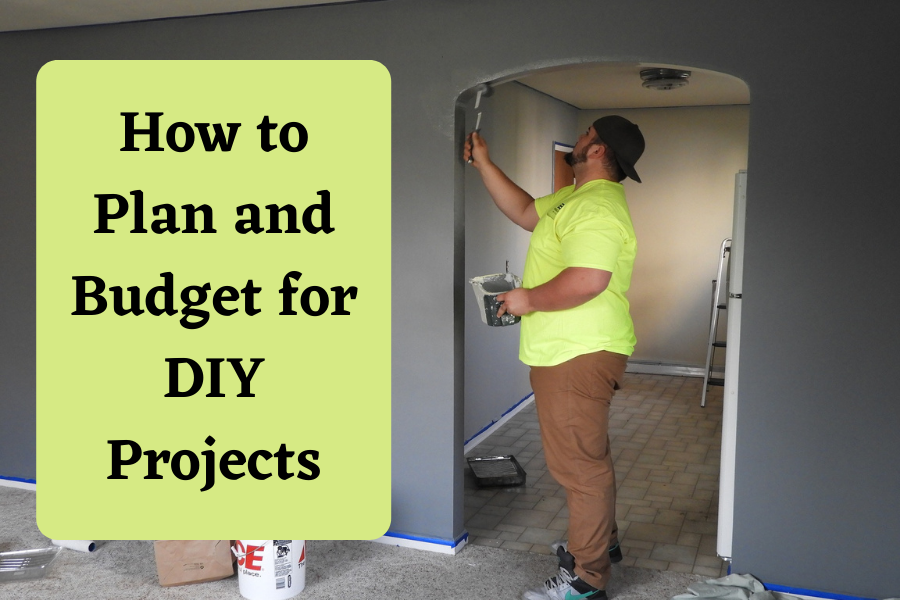Do it yourself (DIY) projects have a special appeal. There is a level of satisfaction and fulfilment one gets after the successful completion of a DIY project. However, DIY projects tend to cost more than they would if they were done by an experienced professional. If you are keen on doing projects on your own, you should plan well and be cautious of your budget.
Here are some tips to help you plan and budget for DIY projects.
Do you have the skill set needed for this project?
Before you start, evaluate whether you have the skills needed for the successful completion of this home improvement project. If not, how long will it take you to acquire these skills? Will you require training? How much will it cost you? Will the money and the time spent on the project be worth it? Does your budget allow for this? Would it be easier or more economical to leave the project in the hands of a professional?
Can your budget allow for such an undertaking?
Once you know what you want and how to do it, you need to figure out if you can afford it. Check your budget to see if you can free some funds for your DIY project. Avoid spending money meant for other financial goals. The best way to finance this project would be to include it in your next budgeting cycle. It is all a matter of knowing what to prioritise.
Do thorough research
Many DIYers make the mistake of diving right into a project without conducting comprehensive research. Down the line, they realise that there was probably a better (and cheaper) way to do it. They end up wasting time and money. Before you start, do thorough research. There are many experts in whatever line you are who are willing to offer free advice. There are many resources online which can also help you learn more about the project you are about to do.
Estimate the time the project will take
It is important to know how much time this project is going to take. If you are undertaking a major project, you may spend too much time working on it, at the expense of other income-generating endeavours. The best way is to break it down into smaller and manageable milestones. Then allocate some time to hit these milestones without interfering with your main income-generating activities.
Prepare for the unexpected
Remember that you are not a professional, and, as such, you are bound to make mistakes. Be ready for such adjustments so that you do not eat through your budget. DIY projects can go either right (or wrong) the first time. If you have not planned for this in your budget, you might end up wasting money and still not accomplish what you set out to do.
Seek free or affordable help
To help you budget for DIY projects and save money, you could enlist the help of your partner, friends, or family. If the project requires input from a professional, seek someone credible and affordable. They will help you avoid mistakes that may cost a lot of money to repair eventually.





